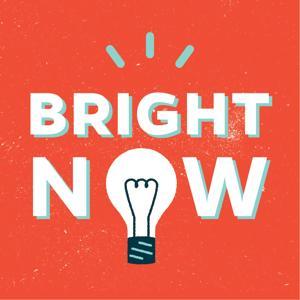In this episode of Aging Fast & Slow, we delve into ways to improve the quality of life of older adults needing home- and community-based services. We are joined by Dr. Kali Thomas, Associate Director of Health Services Research in the Center for Equity in Aging at Johns Hopkins School of Nursing. Dr. Thomas' research spans the long-term services and supports continuum, ranging from in-home services to long-term care in assisted living communities. Together we explore these critical issues and discuss innovative approaches and policies to meet the comprehensive medical and non-medical needs of our aging population.
References:
Home-Delivered Meals
Title III State Expenditures on In-Home Services
- Thomas KS. (2014) The relationship between Older Americans Act in-home services and low-care residents in nursing homes. J Aging Health. 2014 Mar;26(2):250-260. PMCID: PMC4112387.
Veteran-Directed Care / Self-Directed Care






























